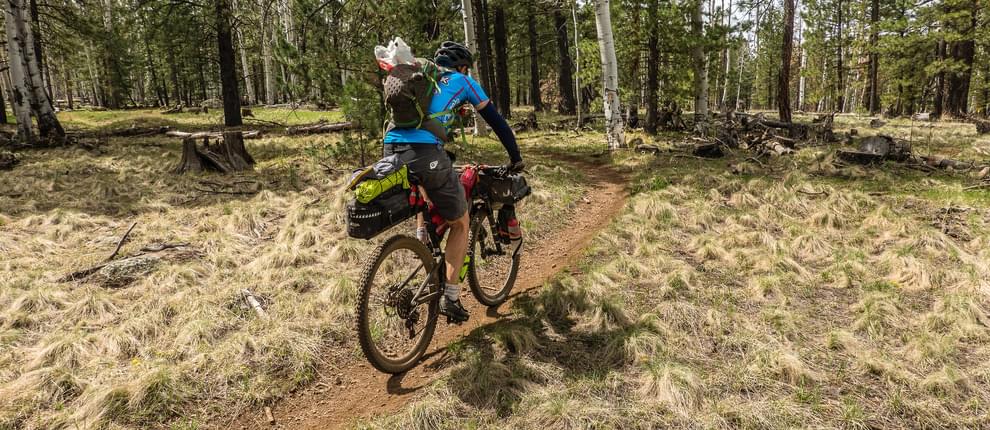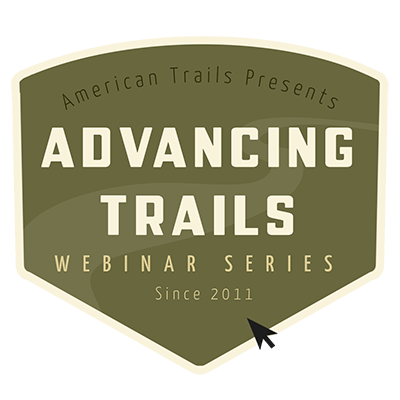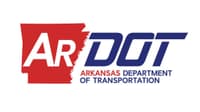




Subscribe to our mailing list for notifications on our latest trainings.

This analysis aimed to better understand how survey respondents’ most frequent method of travel, exposure to e-bikes and other factors shape their opinion of this new user group and where there may be potential for user conflict.
Presented by:
** This event has passed **
October 29, 2020
10:00 AM to 11:00 AM (Pacific Time) {more time zones}
Cost (RECORDING):
FREE for membersNote:
Closed Captioning is available for this webinar.
Learning Credits are available for this webinar.
This webinar is free. Would you consider a donation to support this webinar?
This webinar is free to the public, thanks to a generous sponsorship from Arkansas Department of Transportation.

ABSTRACT: The majority of e-bike related research has taken place on city streets, often outside of the United States, and has focused on e-bikes as a form of transportation with recreation as a secondary function. This type of research provides little insight into the potential outcomes from the 2019 U.S. Department of Interior (DOI) Order 3376, which may allow e-bikes to be used on non-motorized recreational trails.
This study gathered opinions from individuals who were knowledgeable about and connected to the Arizona National Scenic Trail (AZT). Comments were solicited in reaction to Secretary Bernhardt’s e-bike statement via the Arizona Trail Association (ATA) Facebook page and the ATA email newsletter. Quantitative data was collected by way of an online questionnaire and distributed via the Arizona Trail Association (ATA) Facebook page, the ATA email newsletter, as well as the email lists for Arizona members of People for Bikes and Back Country Horsemen of America. The questionnaire asked about e-bikes and their use on the AZT. The analysis aimed to better understand how survey respondents’ most frequent method of travel, exposure to e-bikes and other factors shape their opinion of this new user group and where there may be potential for user conflict. Our findings only reflect the opinions of our pool of participants and should not be assumed to represent the opinions of Arizona Trail users at large.
The majority of respondents disapproved of e-bikes being allowed on the trail. This sentiment remained true across the board for each of the major user groups; however, mountain bike riders surveyed were less likely to disapprove of allowing e-bikes on non-motorized trails, and equestrians surveyed were more likely to disapprove. Findings also showed that experience with e-bikes improved tolerance for e-bike use on non-motorized trails amongst survey respondents, but on average exposure alone was not enough to create favorability. Survey responses also strongly suggested a polarized divide between the pro-e-bike and anti-e-bike camps, where both sides are highly reluctant to sympathize with the opposing camp’s argument, which could lead to conflict.

This webinar qualifies as a Health, Safety, and Welfare (HSW) course (via LA CES).
More resources:
Matthew Nelson, Executive Director, Arizona Trail Association
Tucson, Arizona

During his 11 years as the Executive Director of the Arizona Trail Association, Matthew has worked to strengthen relations between tribes throughout Arizona and the outdoor recreation community. His former position as NAGPRA Coordinator and Tribal Historic Preservation Officer for the Bishop Paiute Tribe of California helped inform his understanding of traditional land management techniques and the cultural significance of long-distance trails. He believes that indigenous involvement in trails is vital to the overall health of individuals, communities, organizations, agencies and the land itself.
Jake Baechle, Lead Researcher, Arizona Trail Association

Jake Baechle has 8 years of trail maintenance experience including both motorized and non-motorized trail construction. He has worked for the U.S. Forest Service, National Park Service, and numerous outdoor non-profit organizations.
In addition to being the Lead Researcher for the Arizona Trail Association’s recent e-bike publication, he also authored the Arizona Trail Day Hiker’s Guide. Jake holds a bachelor’s degree in Business Administration and a master’s degree in Park and Resource Management.
In his free time Jake has completed three national scenic trails with his spouse Karrie, including thru-hikes of the Pacific Crest Trail and Arizona Trail.
We are offering closed captioning for our webinars, thanks to a partnership with VZP Digital. If you are in need of this service, please email us prior to the webinar. An unedited transcript will be sent to all attendees following the webinar.
American Trails is proud to be a certified provider of the following learning credits and continuing education opportunities:
Learning credits are free for attendees for American Trails webinars and the International Trails Symposium, as well as for other conferences, webinars, and workshops we offer credits for. Learn more here.
While we may individually agree (or disagree) in whole or in part with any or all of the participants, the views expressed in these webinars are not necessarily representative of the views of American Trails as an organization or its board and staff. Unless specific situations are noted by presenters, nothing in American Trails webinars should be considered to be interpreted as a standard.
By registering for our webinars, you submit your information to the webinar organizer and associated presenters and sponsors, who may use it to communicate with you regarding this event and their other services. Your organization may also be added to the American Trails Business Directory. You can easily cancel your registration at any time.
3,699 views • posted 10/05/2020
